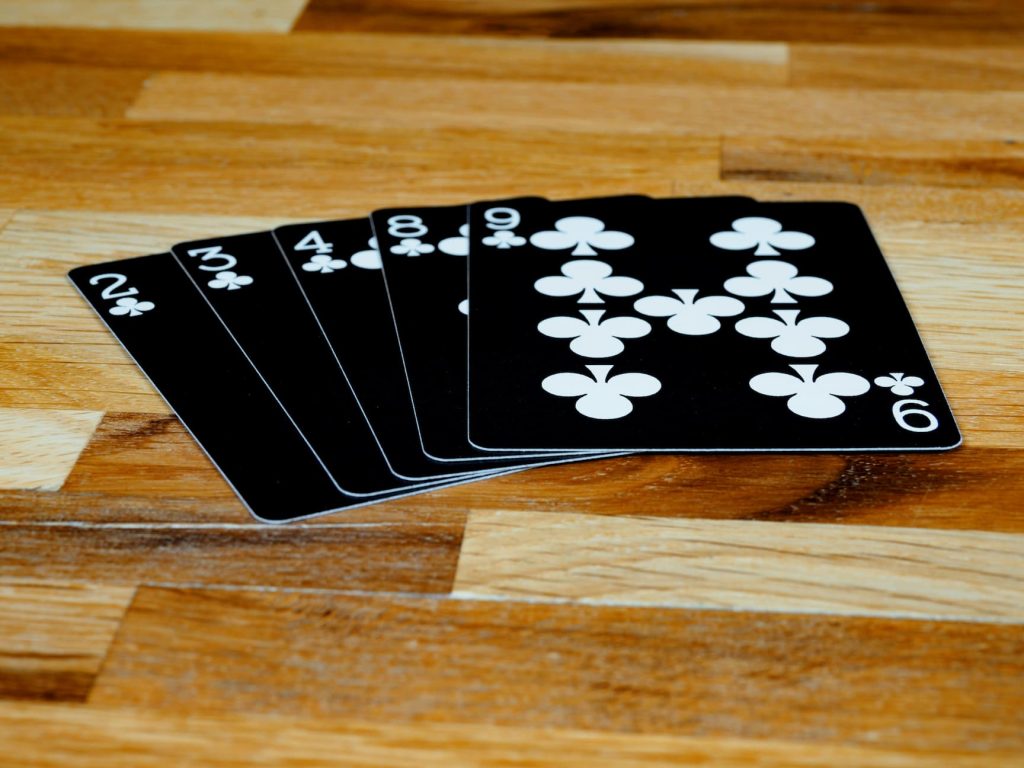Casinos like TonyBet are built to excite. Their goal is to keep players engaged. Behind the flashing lights and lively atmosphere, there’s a strategy at play. Every detail is designed to shape how gamblers feel about winning and losing.
Chips replace cash to distance players from their money. Loud sounds celebrate wins, making them seem bigger than they are. Losses, on the other hand, feel small by design. These tricks keep people playing longer.
By recognizing these tactics, players can stay aware. A clear mind helps avoid the emotional traps casinos set.
The Psychological Detachment of Casino Chips
Casinos change how players see money. One way they do this is by replacing cash with chips. Handing over real money feels painful. Watching a $100 bill leave your wallet hurts. But trading it for a few colored chips feels different.
Chips seem like game tokens, not real cash. This makes losing less emotional. Players bet more freely because the loss doesn’t feel as personal.
Digital transactions take this even further. Many casinos use cards or apps instead of cash. Slot machines and digital games run on credit systems. The more abstract the transaction, the easier it is to keep spending. Without handling real money, players may not realize how much they’ve lost.
Amplifying the Sound of Winning, Silencing the Sound of Losing
Casinos use sound to influence players. Winning comes with bright, celebratory noises. Slot machines ring loudly, even for small payouts. This makes wins seem more common than they are.
Losses, however, are silent. When a player loses, the game simply resets. No sound, no fanfare—just a quiet return to play.
In a casino packed with machines, the noise adds up. The constant ringing creates the illusion that people are winning everywhere. But the reality is different. The house edge ensures most players lose. Since losses happen in silence, they feel less important. This makes the casino seem more rewarding than it really is.
The Role of Near Misses in Player Engagement

Another way casinos manipulate player perception is through near-miss experiences. Slot machines and certain table games are programmed to present outcomes that feel close to a win, triggering a sense of excitement and encouraging continued play. For example, a slot machine might show two jackpot symbols with the third just barely missing, giving players the illusion that they were “almost” successful.
Psychological studies have shown that near misses activate the brain’s reward system in a way similar to actual wins, making players more likely to keep betting in hopes that the next spin will be the lucky one. Casinos use this to their advantage by carefully designing their games to maintain engagement, even when players are consistently losing.
Lack of Clocks and Natural Light to Blur Time Perception
Casinos are deliberately designed to make players lose track of time. Few, if any, gambling floors have visible clocks, and natural light is often completely blocked out. This creates an environment where players can easily spend hours gambling without realizing how much time has passed.
The absence of time cues works in tandem with the emotional highs and lows of gambling. Players who are winning don’t want to stop, and those who are losing feel compelled to continue playing to recover their money. By eliminating external reminders of reality, casinos encourage extended play sessions, increasing the chances of long-term losses.
Reward Systems and “Comps” Reinforce Play
Casinos further manipulate player psychology by offering rewards, or “comps,” to frequent gamblers. Free drinks, discounted hotel stays, and complimentary meals give players a sense of being valued, even when they are losing significant amounts of money. These rewards create an illusion of reciprocity, making players feel as if they are getting something in return for their losses.
Additionally, many casino reward programs use tiered membership systems, encouraging players to continue gambling in order to reach higher levels and unlock exclusive benefits. This creates a sunk cost fallacy, where players feel they must keep playing to maximize the value of their previous spending.
Awareness is Key
Casinos are masters of psychological manipulation, using a combination of environmental design, auditory tricks, and reward systems to distort players’ perceptions of their wins and losses. By understanding these tactics, gamblers can make more informed decisions and recognize when they are being influenced by subtle psychological cues.
Ultimately, while casinos are designed to be entertaining, they are also businesses that profit from player losses. Awareness of how they shape perception can help individuals enjoy the experience responsibly, rather than falling into the traps set by the industry’s carefully crafted illusions.


